Do we really need to guzzle electrolytes after every workout?
What are electrolytes? They’ve become synonymous with exercise, so we take a look at what they actually do, and when you really need them
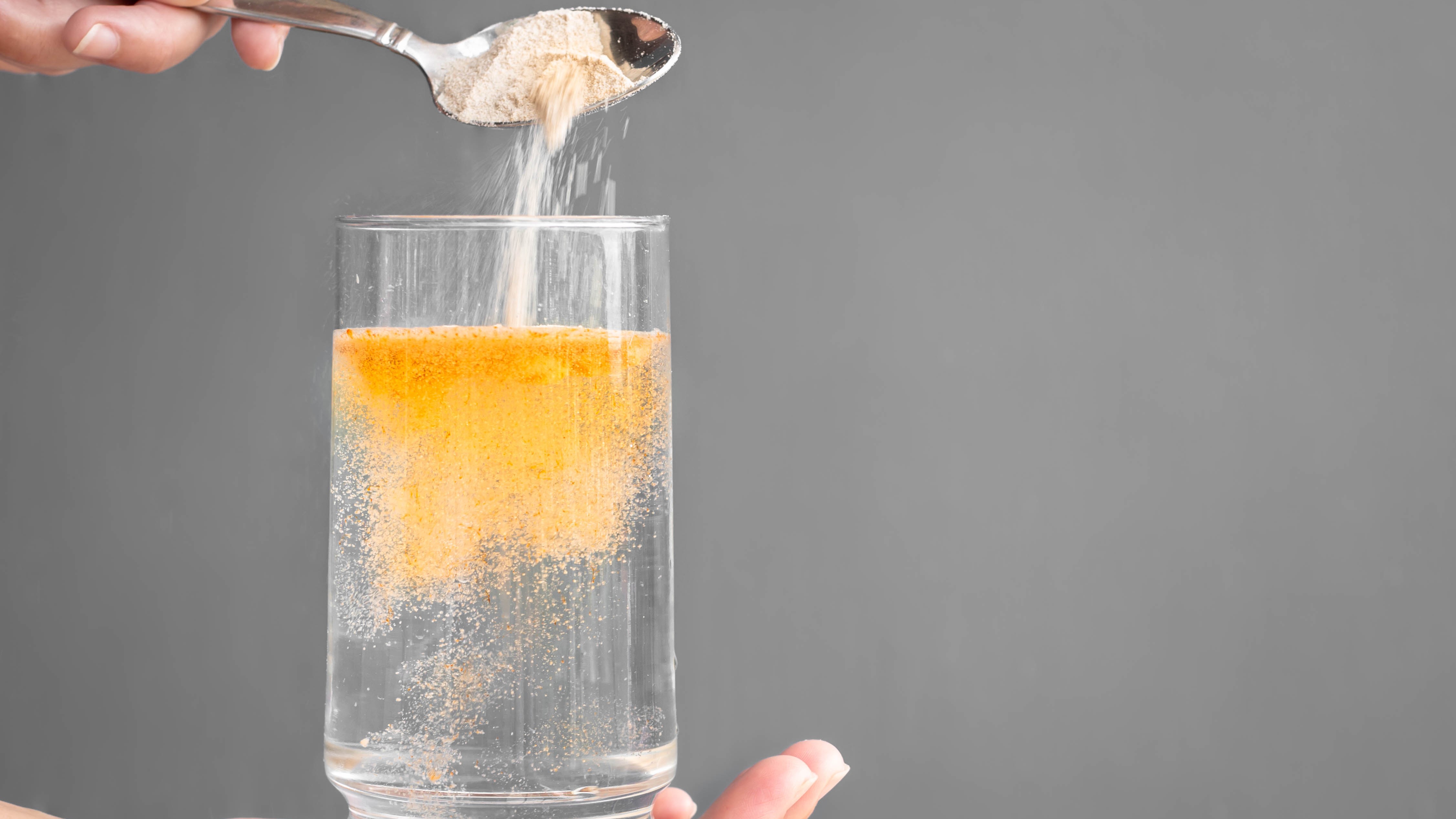
These days, it’s verging on taboo to go anywhere without bringing your own water. Heading out on a long trail run? You’d better load up with a hydration pack. Going on a hike? Bring a couple of water bottles and a filtration device in case you run out. Toiling away at the office? Don’t forget your camping mug to refill at the water cooler. No matter where you go and what you’re doing, there are hydration stations waiting for you to fill up your vessel of choice, all projecting the same unspoken message: you need to drink more water.
Of course, those of us of a certain age recall when the entire nation seemed to subsist on Dr Pepper and get by alright, but in general, we can all agree that the emphasis on drinking plenty of water is a good thing. Hydration helps your body function optimally, and lack of it can impinge on your performance on the trail. But just when we’d all collectively, silently, agreed to drink more water and got ourselves the perfect water bottle to match our needs, along came another health mandate: water alone wouldn’t cut it – we also need to add electrolytes.
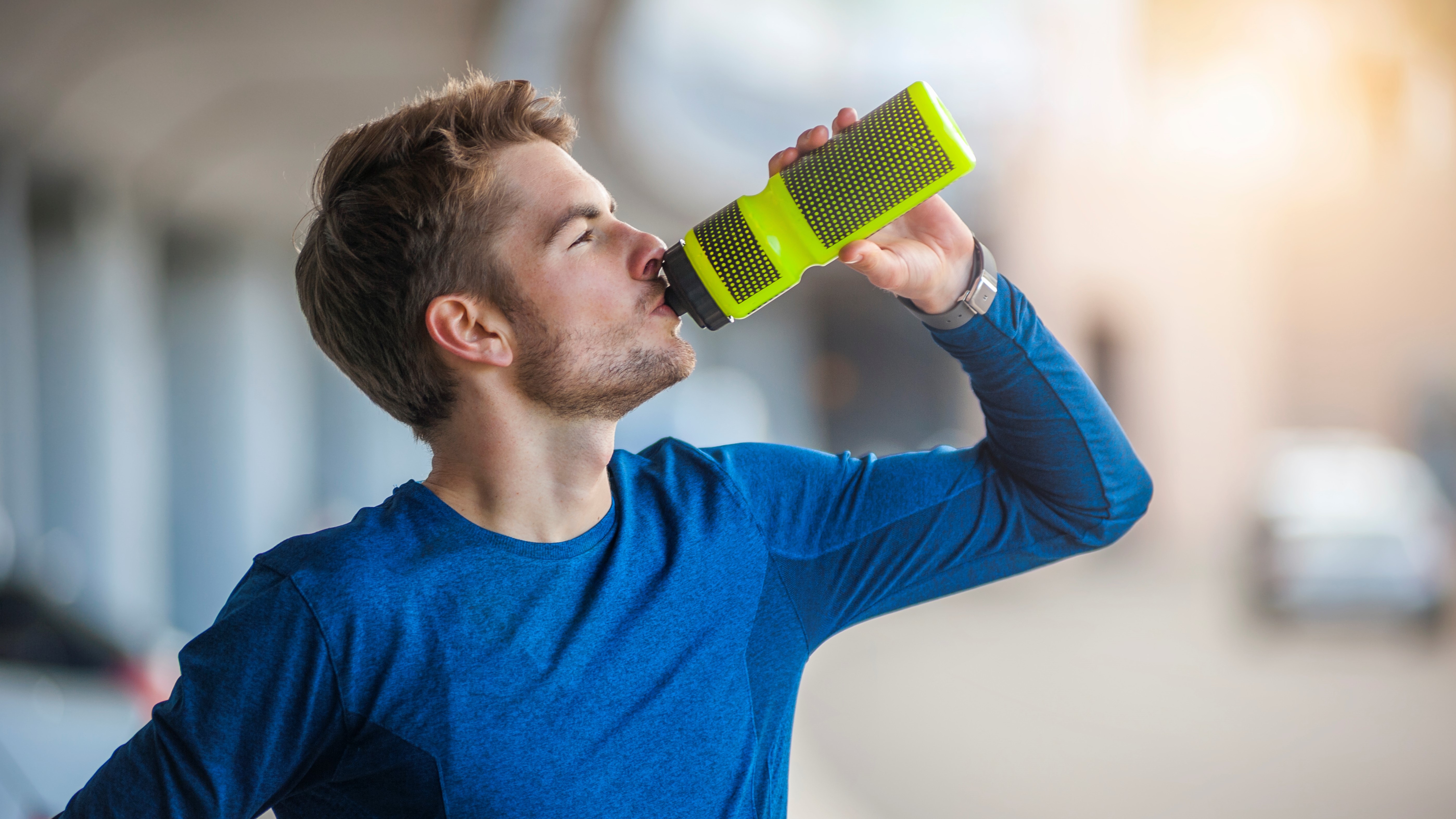
I first heard mention of electrolytes as a supplement about 15 years ago during a brief love affair with hot yoga. I was somewhat fanatically attending a vigorous class every day where I was sweating profusely for 90 minute sessions out of places I didn’t even know had sweat glands. Afterwards, I drank a lot of water but was experiencing headaches. Given the activity I was doing, a headache actually seems quite a reasonable response, but I mentioned it to my teacher who suggested I needed to also replace electrolytes. I was and still am a bit too granola to be dissolving pink tablets in water, but fortunately this was during the beginning of the Great Coconut Water Chapter so I started drinking that daily and it seemed to help. Soon I stopped doing hot yoga and that helped even more.
Since then, electrolyte drinks, which used to largely be confined to the shelves of the local pharmacies where they were sold to rehydrate after illness, have become practically synonymous with exercise. Hikers and trail runners routinely carry tablets and gels on the trail, sports drinks fly off the shelves at gyms and, when I was teaching yoga in Colorado, students charged into my classes clutching brightly sports drinks lest anyone drip a drop of precious sweat anywhere. And sure, that’s all anecdotal, but the sales figures for the electrolyte drinks market (yes, there’s a market) tell the same story. According to Allied Market Research, the global electrolyte drinks market was valued at a staggering $32,518.8 million in 2020 and is projected to reach $56,472.7 million by 2030. That’s a lot of neon drinks.
But what are electrolytes anyway, and do we really all need to be imbibing them in such ferocious quantities? After all, we had athletes before sports drinks came along. In this article, we take a look at what electrolytes do for your body, how you lose them and the best ways to maintain electrolyte balance – with and without sports drinks.
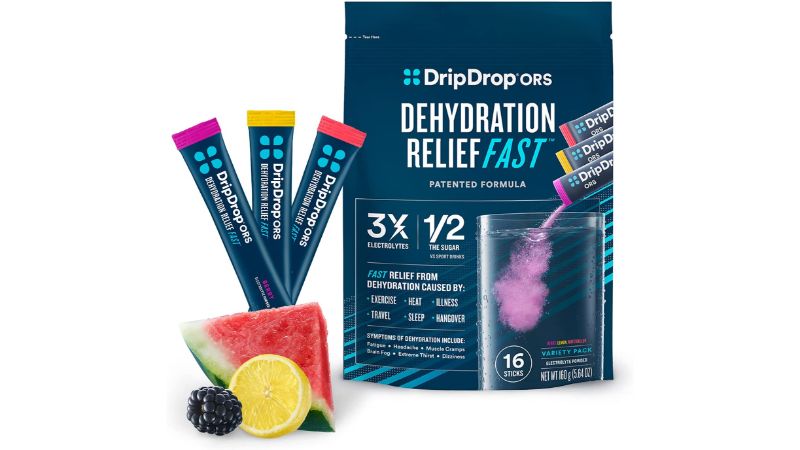
What are electrolytes?
Electrolytes are a group of minerals that have a positive or negative electrical charge when they’re dissolved in water; they include sodium, potassium, magnesium, chloride and calcium. That list alone should tell you that electrolytes are essential to your body’s function. Electrolytes are naturally occurring in water (though in smaller amounts than in electrolyte drinks) and lots of foods that make up a healthy diet, such as fruits, leafy greens, dairy products, poultry and beans.
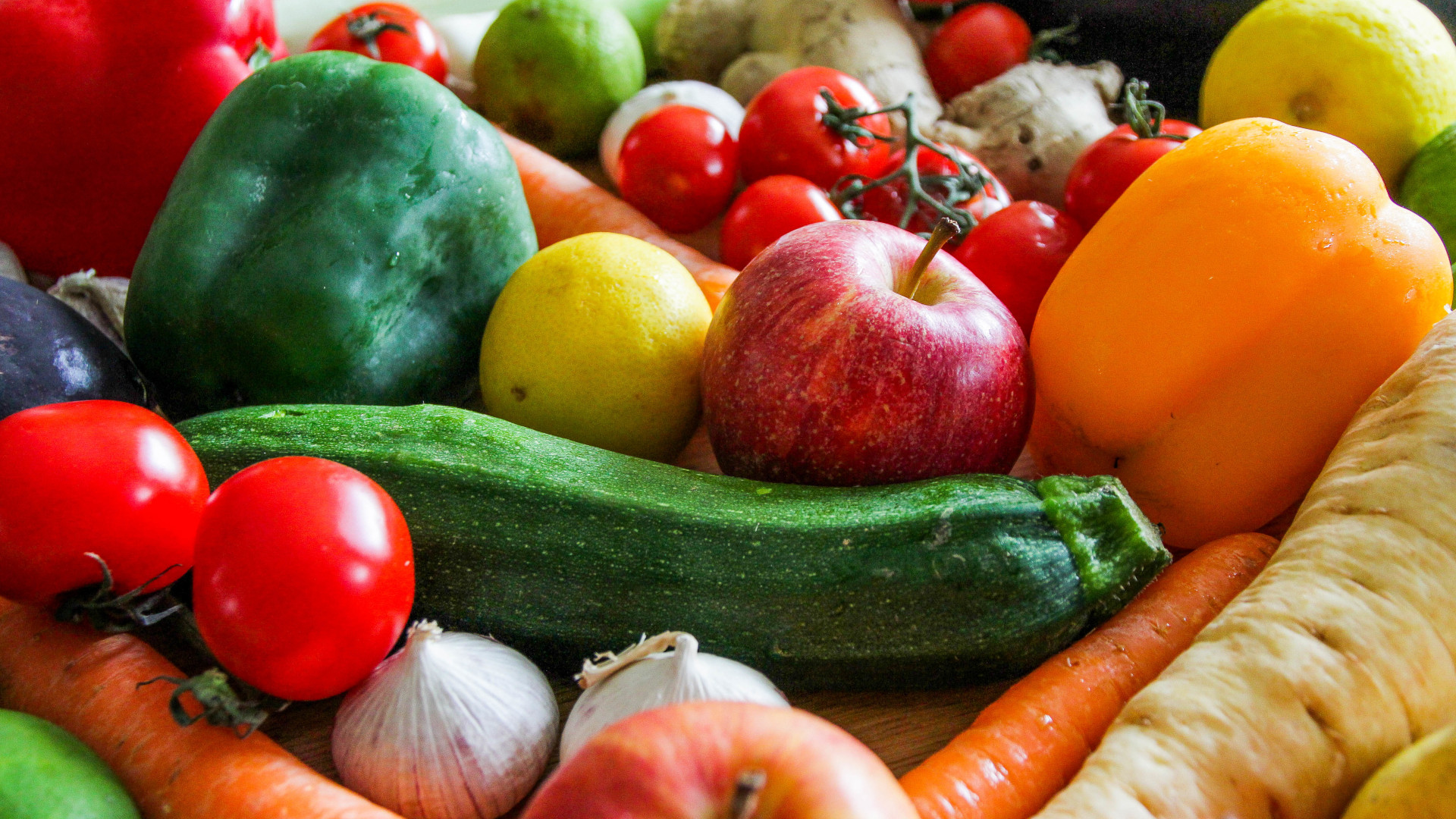
What do electrolytes do for the body?
Electrolytes are responsible for a number of vital functions in your body. As the Cleveland Clinic explains When electrolytes are dissolved into your blood and body fluids, it separates out the charges which allows an electrical current to flow between the molecules. This electrical current allows for many chemical reactions to occur such as water moving through cell membranes (to promote hydration), and muscle contraction, as well as maintaining your blood PH balance and nervous system function, so it’s easy to see how important maintaining electrolyte balance is for anyone, not just athletes.
Advnture Newsletter
All the latest inspiration, tips and guides to help you plan your next Advnture!
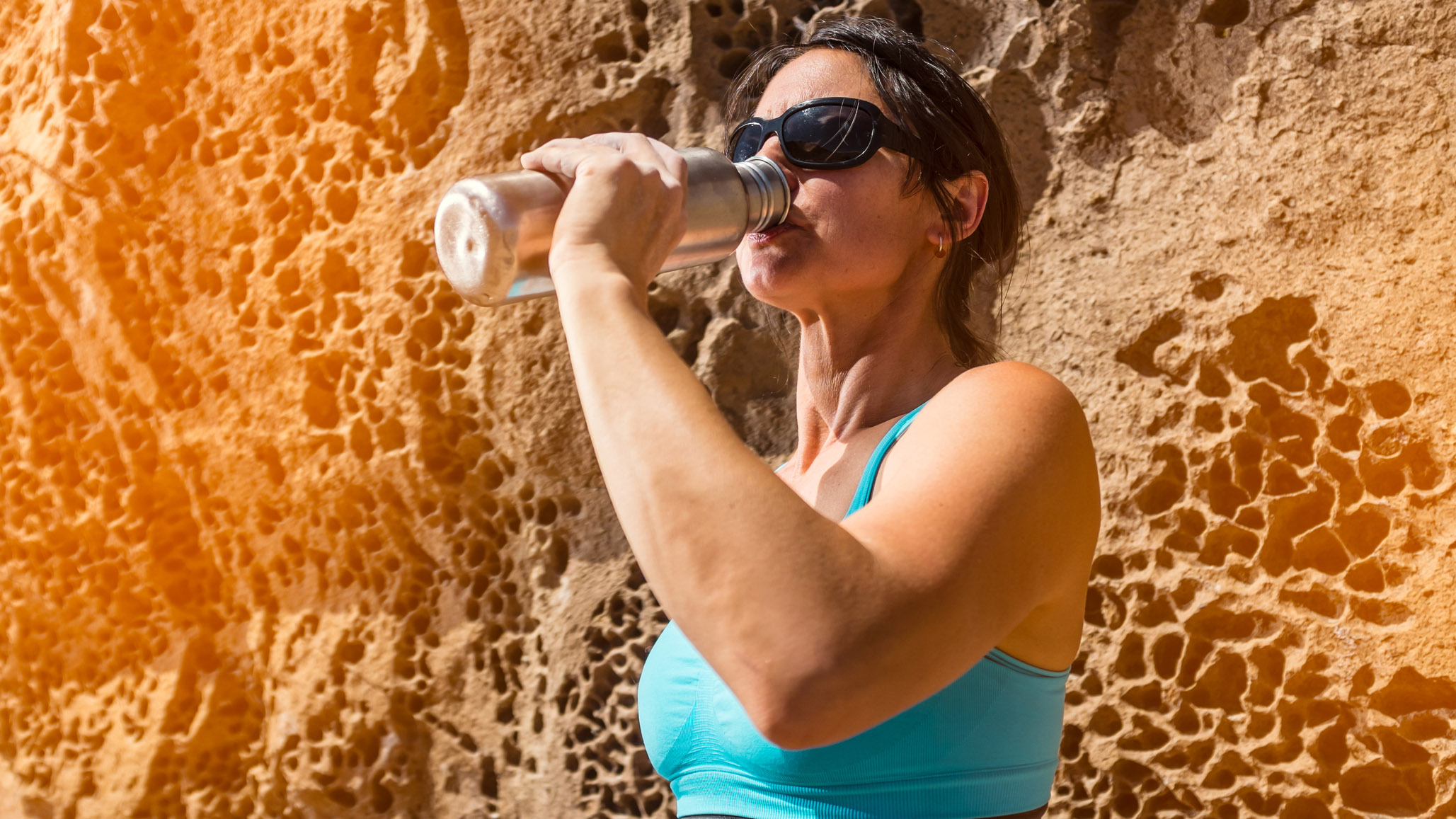
What causes you to lose electrolytes?
You can lose electrolytes through medical conditions, vomiting and diarrhea, which is why electrolyte drinks have long been recommended if you’re ill, but outside of those more exceptional circumstances you also lose them through sweat and urine. As an athlete, this means that if you’re sweating profusely, due to prolonged, vigorous activity or in hot weather, then you’re likely to be losing electrolytes as well as fluid.
Furthermore, activities that dehydrate you through increased urination such as drinking alcohol or a lot of caffeine can be culprits too. Complicating matters, overhydrating when you’re training can also lead to electrolyte loss, as dietician and endurance coach Susan Kitchen explains in our article on hydration tips for runners.
“Over-drinking water in the days prior to a run, or leaning on just water for hydration, is not a good idea. It dilutes the sodium in the blood and will affect not only performance, but health.”
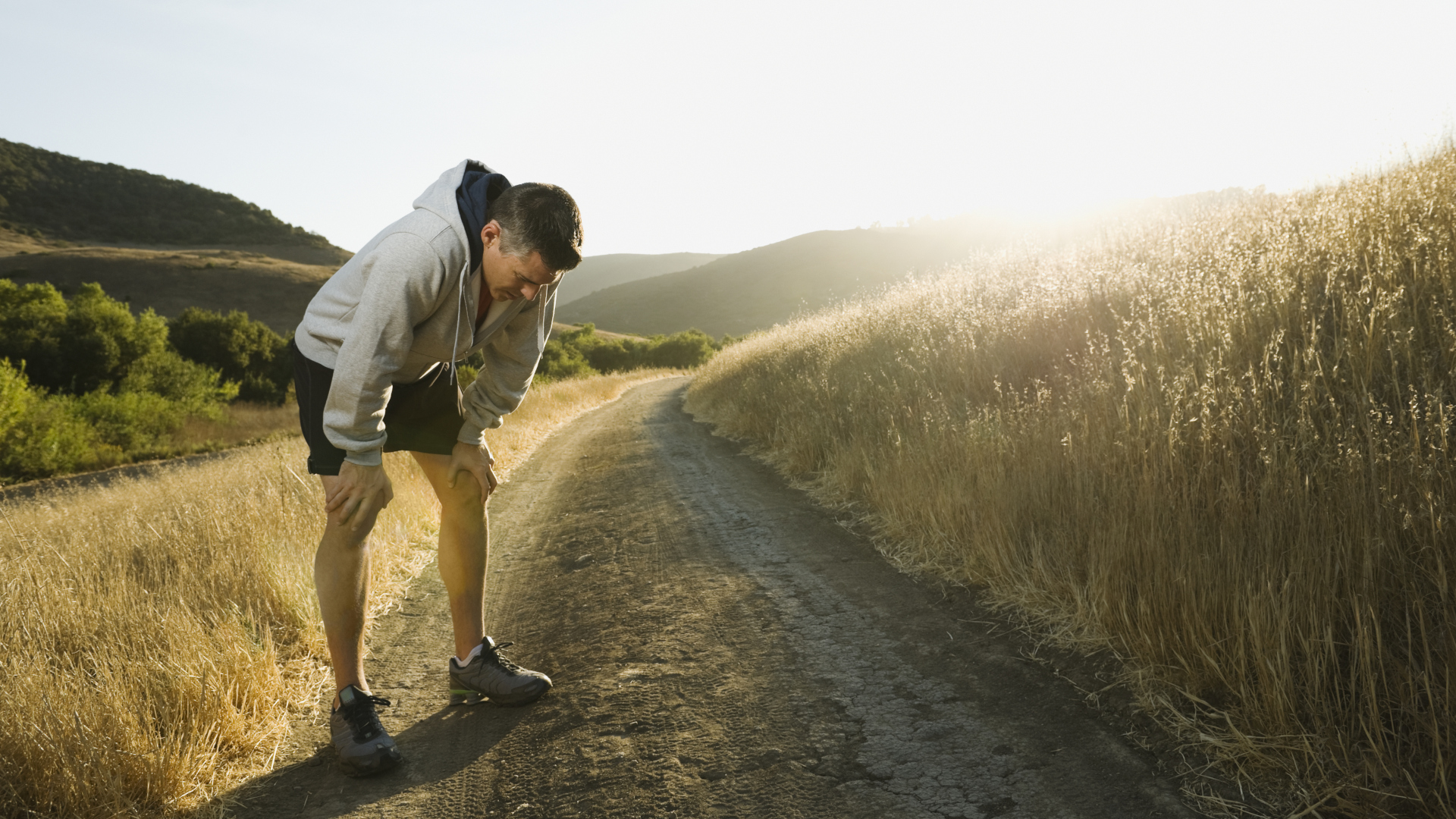
What happens when your body is low on electrolytes?
If you’re doing intense exercise causing you to sweat heavily or engaging in other dehydrating behaviors, and are low on electrolytes, you might notice white marks on your clothing after a sweaty workout and exhibit any of the following symptoms, according to the Cedars-Sinai Medical Center:
- Fatigue
- Headache
- Nausea
- Blood pressure changes
- Muscle cramps
- Low energy
- Feeling unwell
As you can see, none of these symptoms is particularly welcome when you’re planning on a long trail run, training for a marathon or bagging a 14er, so maintaining electrolyte balance is important for your performance.
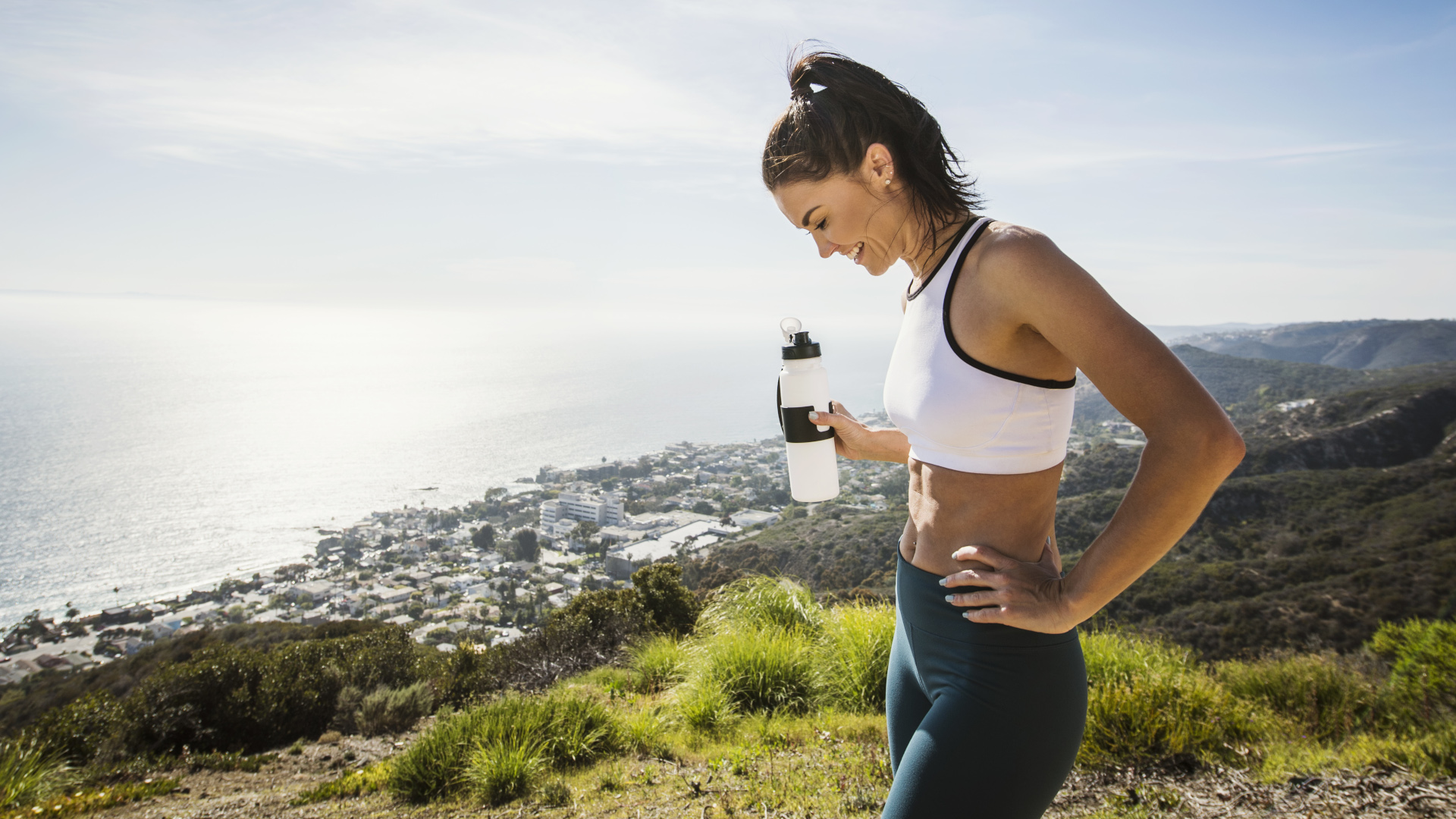
How can I increase my electrolytes?
After learning a bit more about what electrolytes do and the impact of low electrolyte, you might understandably be reaching for that sports drink after all, but is that the only solution, and is it the best one?
In my own Ayurvedic wellness consultations, I offer my clients the same principle as embraced by any good nutritionist – remove the offending behaviors first and use diet as the best medicine, then supplement as needed. In this case, that means avoiding dehydrating behaviors such as excessively hot environments if possible, alcohol and caffeine, and eating a healthy diet with a good mix of fruits, veggies, lean protein and dairy.
If you require additional supplementation, there are lots of products on the market including:
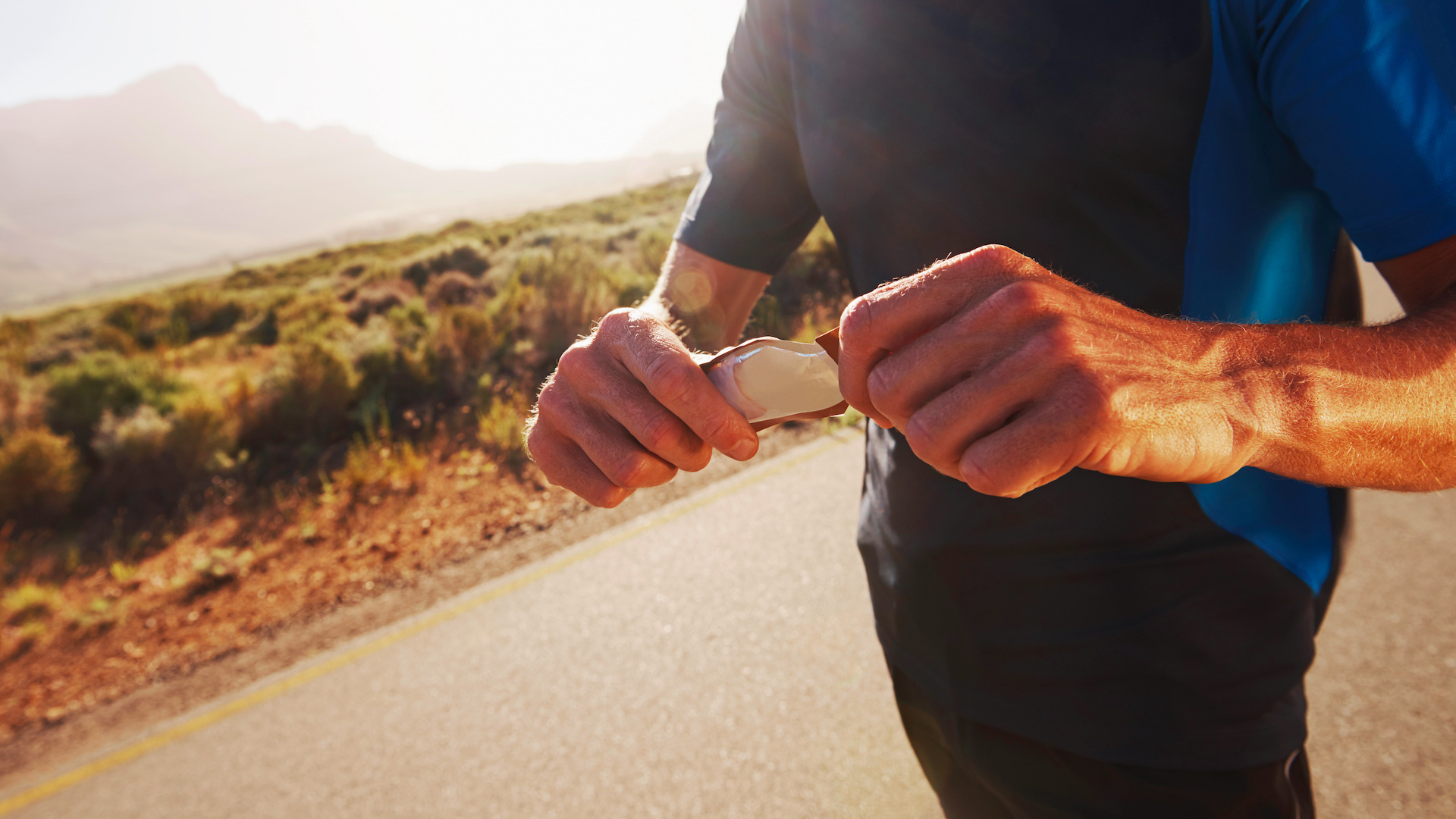
Are electrolytes OK to drink daily?
The question remains, do we all need to be chugging sports drinks at quite the rate we are? Well first, if you’re on a low-sodium diet, you’ll want to avoid anything high in sodium altogether. Further, the Cleveland Clinic notes you can increase your electrolytes too much, and lists various unwanted symptoms from doing so, such as muscle weakness, confusion and arrhythmias. Why anyone might be overdoing it on the electrolytes comes down to a number of factors, not the least of which is aggressive marketing campaigns. Case in point: a 2018 study in Nutrients reviewed current knowledge of the topic and concluded that, while it is widely accepted that electrolyte drinks can improve athletic performance by sustaining metabolism and optimizing water absorption, “intense marketing efforts are continually made to encourage consumption, even when it is not needed.”
In general, nutrition experts agree that not all workouts do need electrolyte supplementation, and ultimately, the intensity and duration of your workout should be the deciding factor.
“If you're going past an hour, or if you have another workout that same day, it's much better to have a little bit of fuel and sodium on board as well,” explains Kitchen.
So if you’re undergoing intense training where you’re sweating a lot, for over an hour, you might want to temporarily add electrolyte drinks or gels into your routine during the days leading up to your event, as a supplement to your other healthy behaviors (and not a replacement for unhealthy ones). Assuming you’re healthy and not exercising in extreme heat, for a regular workout or a yoga class, plain old water should suffice.
Finally, one of the problems that many nutrition experts point out with guzzling sports drinks on the daily is that so many of them are also high in sugar and caffeine, which you hardly want to be mainlining, so they key is using them in moderation, and reading labels to make sure that you know exactly what you’re putting in your body. As always, consider consulting an expert such as a dietician for help with nutrition and your training goals.
- Best hiking water bottles: tough, easy to clean, and tested by experts
Julia Clarke is a staff writer for Advnture.com and the author of the book Restorative Yoga for Beginners. She loves to explore mountains on foot, bike, skis and belay and then recover on the the yoga mat. Julia graduated with a degree in journalism in 2004 and spent eight years working as a radio presenter in Kansas City, Vermont, Boston and New York City before discovering the joys of the Rocky Mountains. She then detoured west to Colorado and enjoyed 11 years teaching yoga in Vail before returning to her hometown of Glasgow, Scotland in 2020 to focus on family and writing.

